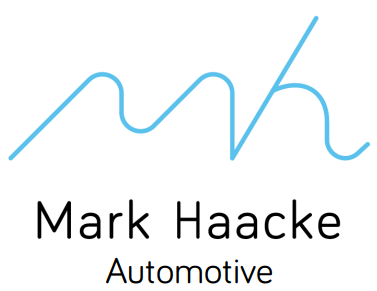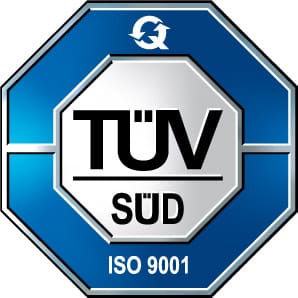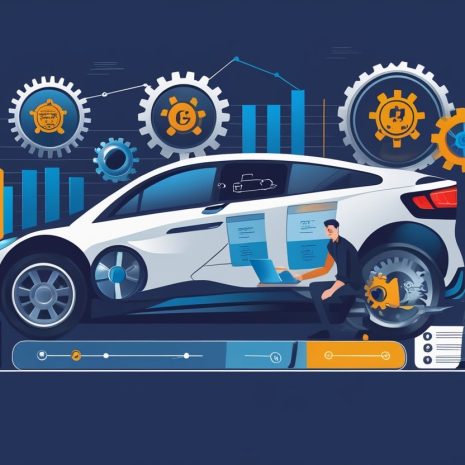FMEA – Requirements & reasons for risk assessments
Description
Increasing regulatory, official and normative requirements are increasingly forcing companies to analyze their products and processes for potential risks and continuously improve them. At the same time, there is increasing pressure from customers to guarantee the highest quality and safety standards – especially in sectors such as the automotive and supplier industry. FMEA (Failure Mode and Effects Analysis) is one of the most important tools for identifying potential errors at an early stage, taking preventative action and thus increasing product and process safety in the long term.
Aim of the training
This comprehensive training course provides you with the methodological tools and background knowledge to effectively apply FMEA in everyday business and integrate it into existing quality management systems. You will learn how FMEA can be meaningfully interlinked with other risk assessment procedures (e.g. SWOT, risk analyses) and what requirements arise from the harmonization of the VDA and AIAG standards.
Benefits for your company
- Risk minimization: By systematically identifying sources of error and weak points, you can significantly reduce expensive recalls, production downtimes or quality defects.
- Quality improvement: A well-executed FMEA makes a decisive contribution to continuously optimizing products and processes and thus increasing customer satisfaction.
- Compliance: Compliance with standards, official regulations and customer requirements is significantly facilitated by a verifiable, preventive risk analysis.
- Methodological competence: FMEA forms the basis for a holistic risk management strategy. The methods taught in the training course will enable you to empower your team to work on improvement processes in a sustainable and professional manner.
Contents of the training
- General information on FMEA
- Origin and development
- Goals and basic principles
- Role in risk management
- Regulatory and normative requirements
- Relevant standards and guidelines (e.g. ISO 9001, IATF 16949)
- Importance of FMEA in the context of authority and customer requirements
- Reasons for harmonization
- Differences between VDA and AIAG FMEA manuals
- Challenges for suppliers to European and North American OEMs
- The aim of the joint approach: Standardization and reduction of complexity
- Transitional arrangements and effects
- What does the replacement of the AIAG FMEA manual (4th edition) and the VDA chapter on product and process FMEA mean for companies?
- Which changes are particularly relevant for existing FMEA processes?
- Types of FMEA
- Design FMEA: Special features, use cases and typical challenges
- Process FMEA: differences and similarities compared to the design FMEA
- FMEA-MSR: Supplementary evaluation of monitoring and system reactions
- Project planning around FMEA
- Organization and structuring of FMEA projects
- Temporal embedding in the product development process or the production process
- Coordination and integration into other areas of the company (development, quality, purchasing, etc.)
- FMEA team: roles and responsibilities
- Who should be involved in the FMEA team?
- Distribution of tasks and management roles (moderator, technical experts, process owners)
- The 7 steps of FMEA
- Planning and preparation
- Structural analysis
- Functional analysis
- Error analysis
- Risk analysis
- Optimization
- Documentation of results and tracking of measures
- Practical examples and group exercises
- Concrete case studies to understand the FMEA process
- Exercises for error and risk identification
- Checklists and templates that facilitate efficient implementation in the company
- Use case and benefits
- Increased efficiency in development and production processes
- Cost reduction through preventive error avoidance
- Increased customer benefit through improved product quality
- Outlook and best practices
- How do I maintain and update an FMEA in the long term?
- Interaction with other risk management methods (SWOT, HAZOP, etc.)
- Tips for successful FMEA moderation and teamwork
Target group
- Specialists and managers from quality, development, project management and production
- Companies that want to strengthen or update their risk analyses
- Team leaders and employees who are involved in FMEA processes or want to introduce them
- Automotive suppliers, OEMs, but also cross-sector companies from mechanical and plant engineering or medical technology
Methodology
- Lecture and theory transfer: overview of essential basics and backgrounds
- Practical exercises and case studies: Joint processing of examples, discussion and interactive exchange of experience
- Moderated group work: Implementation of the 7 FMEA steps in concrete cases
- Best practice examples: Practical tips for successful FMEA implementation
Duration and organization
- Duration: 2 days, depending on the desired level of specialization
- Documents: Participants receive comprehensive documentation, checklists and templates for direct use in the company
- Group size: Ideally 8-12 people for optimal interaction
Your added value
- Holistic risk management: Create a sound basis for company-wide improvement processes.
- Cost and time savings: By recognizing sources of error at an early stage, you reduce rework and complaint costs.
- Quality assurance and competitive advantage: Meet customer requirements and position yourself as a reliable partner on the market.
Take the first step towards robust risk management and benefit from comprehensive FMEA training that will secure and optimize your processes in the long term. We look forward to welcoming you to our seminar soon!







Reviews
There are no reviews yet.